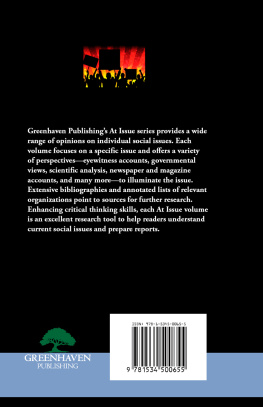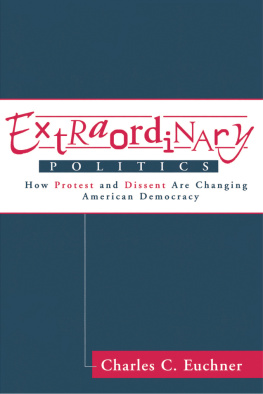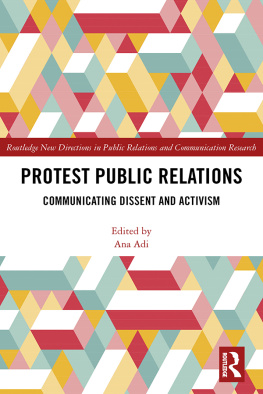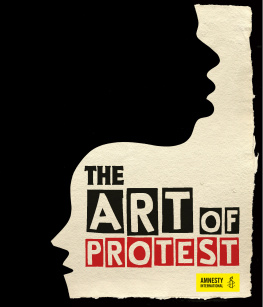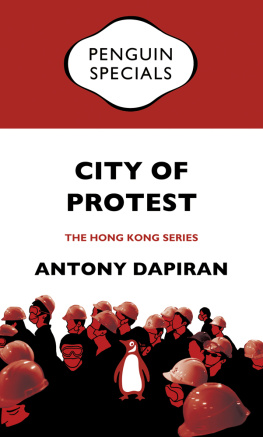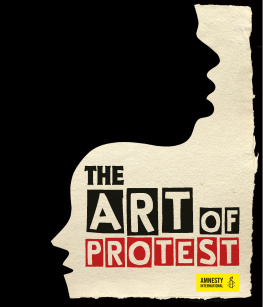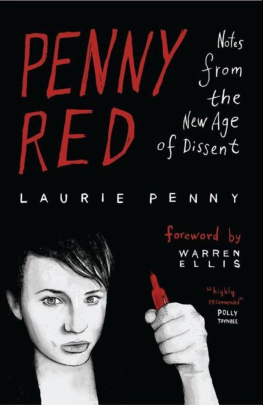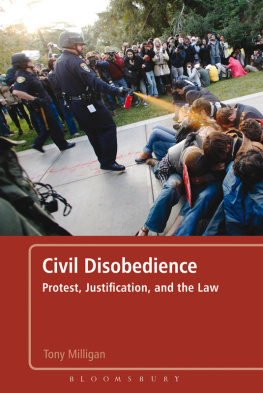Thank you for buying this ebook, published by NYU Press.
Sign up for our e-newsletters to receive information about forthcoming books, special discounts, and more!
Sign Up!
About NYU Press
A publisher of original scholarship since its founding in 1916, New York University Press Produces more than 100 new books each year, with a backlist of 3,000 titles in print. Working across the humanities and social sciences, NYU Press has award-winning lists in sociology, law, cultural and American studies, religion, American history, anthropology, politics, criminology, media and communication, literary studies, and psychology.
Crimes of Dissent
ALTERNATIVE CRIMINOLOGY SERIES
General Editor: Jeff Ferrell
Pissing on Demand:
Workplace Drug Testing and the Rise of the Detox Industry
Ken Tunnell
Empire of Scrounge:
Inside the Urban Underground of Dumpster Diving,
Trash Picking, and Street Scavenging
Jeff Ferrell
Prison, Inc.:
A Convict Exposes Life inside a Private Prison
by K.C. Carceral, edited by Thomas J. Bernard
The Terrorist Identity:
Explaining the Terrorist Threat
Michael P. Arena and Bruce A. Arrigo
Terrorism as Crime:
From Oklahoma City to Al-Qaeda and Beyond
Mark S. Hamm
Our Bodies, Our Crimes:
The Policing of Womens Reproduction in America
Jeanne Flavin
Graffiti Lives:
Beyond the Tag in New Yorks Urban Underground
Gregory J. Snyder
Crimes of Dissent:
Civil Disobedience, Criminal Justice, and the Politics of Conscience
Jarret S. Lovell
Crimes of Dissent
Civil Disobedience, Criminal Justice, and the Politics of Conscience
Jarret S. Lovell
NEW YORK UNIVERSITY PRESS
New York and London
www.nyupress.org
2009 by New York University
All rights reserved
Library of Congress Cataloging-in-Publication Data
Lovell, Jarret S.
Crimes of dissent : civil disobedience, criminal justice, and
the politics of conscience / Jarret S. Lovell.
p. cm. (Alternative criminology series)
Includes bibliographical references and index.
ISBN-13: 9780814752265 (cl : alk. paper)
ISBN-10: 0814752268 (cl : alk. paper)
ISBN-13: 9780814752272 (pb : alk. paper)
ISBN-10: 0814752497 (pb : alk. paper)
1. Civil disobedienceUnited States. 2. Social movements
United States. 3. CrimeUnited States. I. Title.
JC328.3.L68 2009
303.62dc22 2009005919
New York University Press books are printed on acid-free paper, and their binding materials are chosen for strength and durability. We strive to use environmentally responsible suppliers and materials to the greatest extent possible in publishing our books.
Manufactured in the United States of America
c 10 9 8 7 6 5 4 3 2 1
p 10 9 8 7 6 5 4 3 2 1
Contents
Preface
Most of the time, though, were bored to tears by eggheads with no criminal practice of their own.
Alain Mabanckou, African Psycho (2003)
Alain Mabanckous novel African Psychotells the story of Gregoire, a would-be serial killer who not only is consumed by an unhealthy fascination with crime but who also is filled with an overpowering rage toward experts who purport to understand the mind of a criminal. Amid countless literary jabs that critique everything from a crime-obsessed media to the failings of the police, this protagonist of sorts saves his harshest lashings for the most loathsome of all crime watchers: the criminologist. They claim to be analyzing crimes, but have they committed even one? What kind of nonsense is that? Declaring the writings put forth by academics to be nothing but a lot of nonsense, he vows to ignore criminology outright until the day when criminals, real ones, start teaching their subject themselves.
Should the fictional Gregoire be given the chance to hold these pages in his hands, he probably would be satisfied with its approach to the study of crime. There are no accounts of murder, bloodlust, or dismemberment, to be sure. There are, however, plenty of passages detailing the actions of personscriminals if you willwho deliberately and publicly violate the law as expressions of protest against perceived racial, economic, or other social injustices. Moreover, these accounts are provided not by second-party observers but by the very persons who perform these transgressions. Indeed, both as a criminologist and as this books author, I have been neither a dispassionate observer nor a detached bystander of the phenomena at hand. Instead, I have been an active participant in some of the very transgressions detailed throughout the chapters that follow.
And I am not alone in my dissent. In recent years, concern over such issues as corporate globalization, third-world debt, environmental degradation, and the rise of militarism has been manifested in large-scale public demonstrations unseen since the civil-rights and anti-Vietnam movements. In Seattle 1999, thousands of activists comprising environmental, labor, and human rights organizations took to the streets in opposition of policies set in motion by the World Trade Organization (WTO). On February 15, 2003, millions of people in over one hundred cities worldwide protested against an impending war in Iraq. And in November of each year, activists from both secular and religious peace networks trespass onto the military base in Fort Benning, Georgia, calling for the U.S. government to shut down the training school formerly known as School of the Americas (SOA). These are but a few of the displays of dissent staged by activists around the world who find themselves increasingly dissatisfied with politics as usual.
Among the tactics used by more seasoned activists organizing for social change are those of civil disobedience, nonviolent resistance, and direct action. Requiring the deliberate and public violation of established law, these strategies of dissent pose numerous risks to the participants including arrest, criminal prosecution, and the stigmatizing effects of being labeled a social deviant. The staging of civil disobedience also creates numerous challenges to law-enforcement personnel, who often find themselves unprepared or unaccustomed to managing these forms of protests, especially when they involve a large number of people. Judges, too, must decide whether, or how, to impose punishments on protesters who clearly violated the law but who do not pose a risk to the public and who are not likely to be amenable to rehabilitation by any means of incarceration.
Clearly, the study of dissent has relevance to people concerned with the politics of crime and the curtailment of deviance. Yet despite the apparent importance of social protest to the study of crime and law enforcement, research into this important topic within the disciplines of criminology and criminal justice is neglectfully scarce. To address the paucity of scholarship examining the intersection of crime and dissent, this book adopts a multidisciplinary and multimethodological approach to aid in an understanding of the violation of law as a means of attaining justice. First, it draws on lessons from history, social and political theory, literature, and religious studies to present an overview of the longstanding motivations and rationalizations for civil disobedience. It also culls information from activist training manuals, anarchist publications, mainstream news outlets, and alternative media to place dissent in a contemporary political context.


